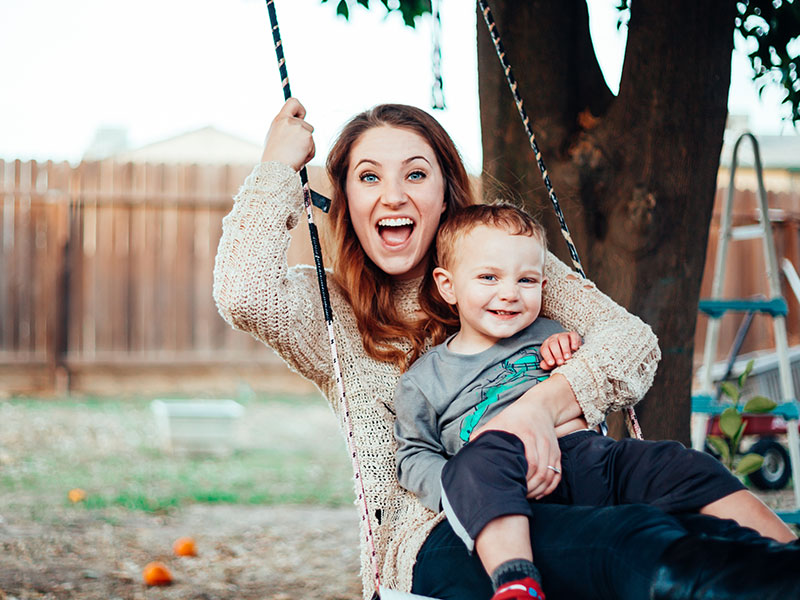Child custody is a very emotional subject and even more so for single parents who are not married. Custody battles can become very nasty when the father does not accept paternity, when unmarried parents do not live together or when a relationship comes to an end.
Child Custody Laws
We will focus on custody laws relating to mothers and fathers who have never been married to each other, with children born out of wedlock. Divorced couples may also be known as single parents, but the same laws do not always apply. As laws differ from country to country we cover general principles only. In the United States each state has its own. If you live elsewhere in the world, do an internet search for child custody laws applying to single parents.
The Rights of the Child
The basic principle remains the same for all child custody laws. The rights of the child come first. The United Nations Convention on the Rights of the Child specifies that in all legal matters, countries should act in the best interests of the child. Children of single parents have the same rights as children born in wedlock.
Children’s basic rights include:
The right to life
The right to a name and nationality
The right to be cared for by his or her parents
The right to have contact with both parents
The Rights of Single Parents
Child custody describes the legal relationship between a parent and child. This relationship involves both rights and responsibilities. Rights regarding custody for single parents could include:
both biological parents have automatic custody rights
the unmarried mother has automatic custody
the unmarried mother has to apply for custody
the unmarried father has to prove paternity before applying for custody even if his name appears on the birth certificate
Types of Child Custody
Most family courts support the idea of joint custody as children benefit from a strong and close relationship with both parents. Depending on the circumstances, different types of custody can be awarded to single parents
sole legal custody – one parent makes all the decisions
shared legal custody – both parents make the decisions
sole physical custody – the child lives with one parent, with the other having either unsupervised or supervised visitation rights
joint physical custody – the child spends more or less the same amount of time with each parent.
If the biological single parents are too young, or not considered fit to care for the child, the courts may award custody to a third party, such as a grandparent.
Evaluation tools for awarding custody
Courts do not use a fixed list of rules when awarding custody to single parents. A judge may consider the following factors or situations:
age of the child
best interests of the child
child’s preference
relationship between child and each parent
primary caregiver to date and impact on the child of any change
ability of the parent to provide a comfortable, stable and caring home
relationship between parents
parents’ preference
evidence of alcohol or drug abuse by either parent
Find out the custody laws for your state or country. Even if you are in a good relationship with the father or mother of your child, unmarried single parents living together should formalize all child custody issues.





